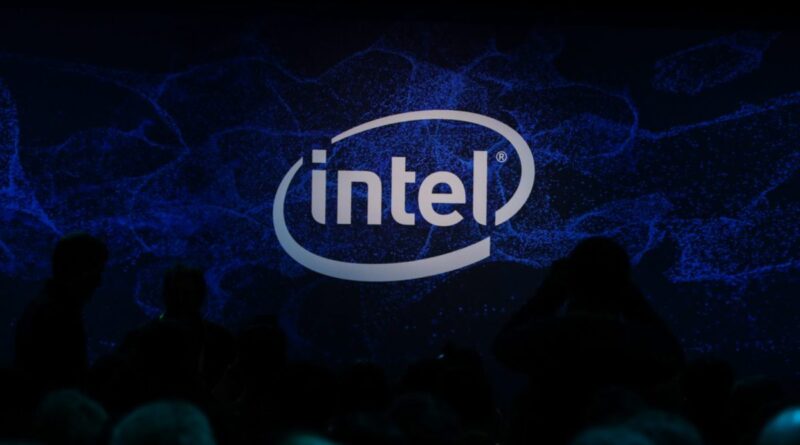Intel and Tower Semiconductor cancel $5.4B merger over regulatory hurdles
Intel has called time on its plan to acquire contract chipmaker Tower Semiconductor, citing its inability “to obtain in a timely manner the regulatory approvals required under the merger agreement.”
Chip giant Intel first announced it was planning to buy the Israeli company for $5.4 billion way back in February last year, a move designed to bolster its own contract chip-making business with enhanced manufacturing capacity and intellectual property, while also giving it a wider global reach.
Indeed, Intel revealed plans to invest $20 billion in two new Arizona factories some two years ago, while also confirming a new offshoot called Intel Foundry Services (IFS) dedicated to manufacturing chips designed by other companies. It indicated a major expansion vertical for the company, one that Intel CEO Pat Gelsinger dubbed “IDM (integrated device manufacturing) 2.0.” This was essentially a multi-pronged approach to building semiconductor chips, spanning Intel’s own network of factories, third-party factories, and building out its fledgling foundry services.
Forging relationships with companies already deeply integrated in the foundry space would allow Intel to accelerate these plans. Tower Semiconductor had been manufacturing analog chips for hundreds of companies across the industrial spectrum for some two decades, making it an ideal acquisition target for Intel.
Obstacles
Although Intel hasn’t discussed any of the specifics around its regulatory obstacles — in China, or elsewhere — more than a year on from the original acquisition announcement, concerns started to mount that the deal could be in peril due to pushback in China. Indeed, Gelsinger made several personal visits to the country with a view toward building relationships with industry and government, but it seems that this was insufficient to get the deal over the line.
While it may have been technically possible to conclude the acquisition without China’s approval, China represents a major part of Intel’s business and strategy, meaning getting the greenlight from regulators there was essential.
As a result of all this, Intel said it will have to pay a termination fee of $353 million to Tower Semiconductor, whose shares have dropped more than 11% in light of this news.
“Our foundry efforts are critical to unlocking the full potential of IDM 2.0, and we continue to drive forward on all facets of our strategy,” Gelsinger said in a press release. “We are executing well on our roadmap to regain transistor performance and power performance leadership by 2025, building momentum with customers and the broader ecosystem and investing to deliver the geographically diverse and resilient manufacturing footprint the world needs.”





